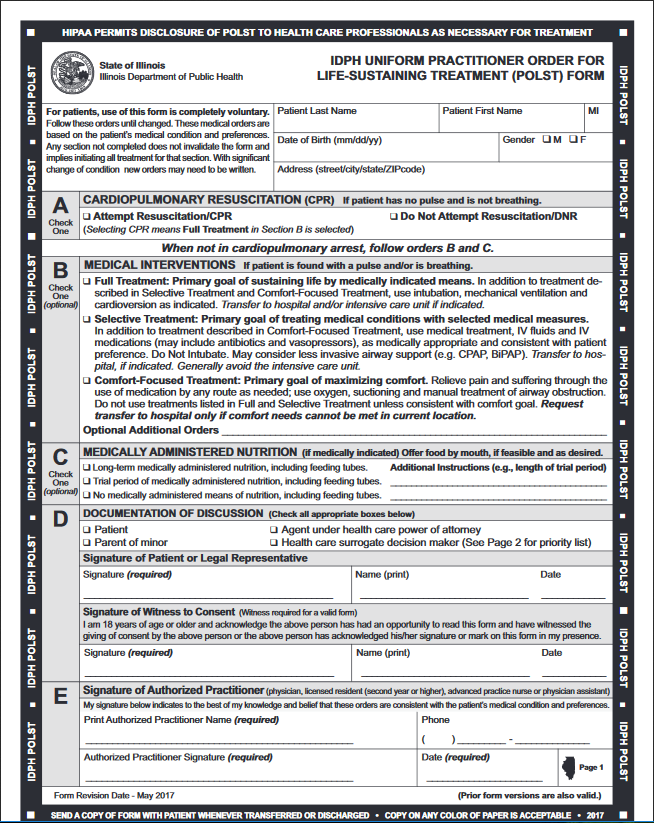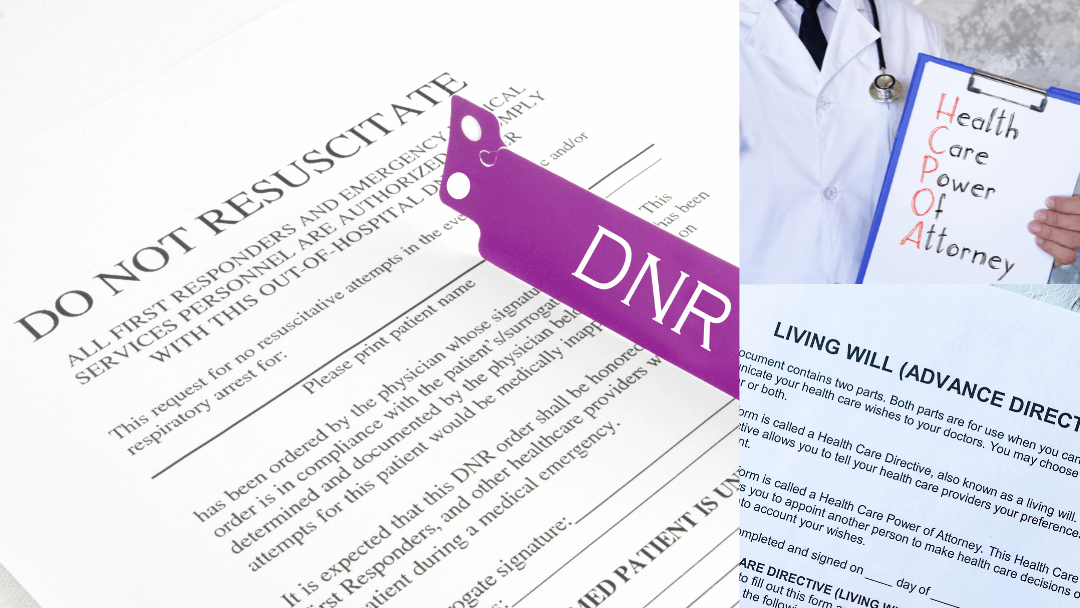Alzheimers Advanced Directives
There are two main areas for legal issues with Alzheimers Advanced Directives, both of which need to be addressed in the Early Stage of Alzheimer’s Disease.
A Power of Attorney for both financial and health-care will need to be addressed while the memory is still intact. I would also recommend discussing Advanced Directives if you have not discussed this before.
I am a nurse first and I believe that we all have our own thoughts on this matter. Everyone should make sure that someone knows what they want to be done should the situation ever arise.
To often this conversation does not take place when the person is still able to make their wishes known. What are your thoughts on end of life care? Do you want to be kept alive on a breathing machine or fed through a feeding tube into your stomach. Do you know your loved ones wishes?
Please have this conversation and complete the necessary paperwork!
Your physician’s office should have the paperwork. Please ask them for it and ask your healthcare provider any questions you may have regarding advanced directives.
There are different types of Alzheimers Advanced Directives?
An Alzheimers Advanced Directive simply tells your doctor what kind of care you would like to have if you become unable to make medical decisions (if you are in a coma, for example).
There are several different kinds of Advanced Directive forms which may need to be filled out. Most of these must be completed while the person is in the early stages and able to make their own decisions.
There are laws regarding Alzheimers Advanced Directives which vary from state to state. If you have questions regarding advance directives and Alzheimer’s Disease, check with your state. Below are the most common types of advanced directives.
Healthcare Power of Attorney Alzheimers Advanced Directive
A Healthcare Power of Attorney (HCPOA) designates a person, sometimes called an agent or proxy, to make healthcare decisions when the person with Alzheimer’s disease is no longer able to do so.
Financial Power of Attorney Alzheimers Advanced Directive
A financial power of attorney simply names someone designated to make financial decisions for the person with the illness when they are no longer able to do so.
Living Will
A living will, also called a directive to physicians or advance directive, is a document that lets people state their wishes for end-of-life medical care, in case they become unable to communicate their decisions.
A living will can bring peace of mind because it explains what kind of medical care you want to receive when you cannot speak for yourself.
Dementia DIrective
I recently discovered the Dementia Directive. It simply guides others to how much medical care would you want if you had Alzheimer’s disease or another type of dementia. It can be found at https://dementia-directive.org/
POLST/DNR
A Physicians Order for Life Sustaining Treatment is an Alzheimers Advanced Directive which guides a medical team in a life threatening situation or at the end of life. They usually address the medical interventions which may be needed. Such as CPR, mechanical ventilation (a machine to breathe for you), nutrition (tube feeding/IVs, or comfort measures only.
When I talk to patients about this decision, I usually ask them “if I were to walk into this room and find you without a heartbeat, would you want me to try to restart your heart?” If the answer is yes then they are a “full resuscitate” and if the answer is no, they are a “Do Not Resuscitate”. In the medical world a “Do Not Resuscitate” is referred to as a “DNR”. It simply means we let nature take it’s course.
Without a POLST form, emergency personnel are required to provide every possible treatment to help keep you alive.
These forms vary from state to state. You can get this form through your care provider. It requires a signature from your physician. Once it is signed you will need to keep a copy, your physician will keep a copy, and most hospitals will keep a copy.
You will need to keep a copy in your house that is easy to get to. Most states require the form to accompany a patient in an ambulance if they are a Do Not Resuscitate. I recommend it be kept in a notebook such as the Caregiver Notebook.
Below is an example POLST form from Illinois.


Feel free to explore our Article Library for more information and resource
Exploring Caregiving Tools & Resources? Don't Forget to Check Out My Resource Page! 🌟
Hi, I'm Larea, I am a Registered Nurse specializing in Dementia Care, with 30 years of experience supporting dementia patients and their families. Over the years, I have provided care in diverse settings, including homes, hospitals, nursing homes, assisted living facilities, and hospice. My passion is guiding caregivers, sharing my knowledge and experience to help them navigate the challenges of dementia care with confidence and compassion.







